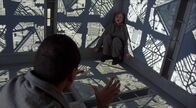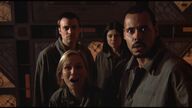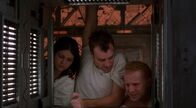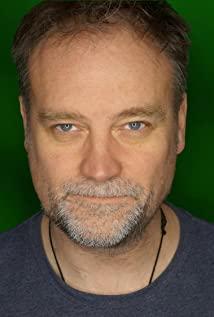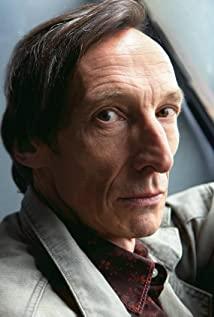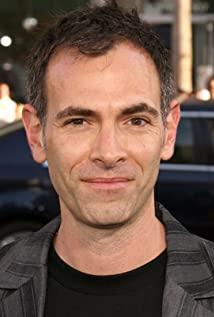The symbols of the characters can be explained from two aspects: the policeman is not only the representative of the absurd world written by Camus, but also the world process mentioned by Hegel. When he tried to lead the group in his own way, he was doomed to failure: because individuality can never be universal, each regrouped with its own values and fell into another struggle. As a result, the dominant idea returns to the original basic idea of collective existence, and the architect, as mentioned above, Sisyphus is his best name, and we can see a hint of what Hegel called The shadow of "moral judgment".
Due to the high degree of openness of the film's allegory, different but reasonable interpretations can be drawn from any angle; and if I want to look at it from a dystopian point of view, I can only think of one person: Hegel - probably recently The reason why I have been reading his book - the struggle between world processes in spiritual phenomenology, in fact, what everyone is approaching is nothing but an illusory universality, a magnified particularity, God is always far away, As long as we live in the gap between existence and consciousness. God, that's just a specimen in classical philosophy.
Compared with 1 and 2, there are more sci-fi elements, but at best they only explain the theoretical model of the simplest parallel world, while the multi-dimensional parallel world and the ultimate parallel world - the parallel world in the mathematical structure does not involve . Of course, even so, it is very exciting. However, thematically, if 1 describes the present, then 2 further pessimistically describes the future, especially the collapse of the world when it returns to a quantum superposition, which heralds the end of the universe's endless cycle (or process). ?).
As for 3, many comments call it a failure, but I don't think it's a matter of topic. Because the prequel only shortens the time range of discussion, if 1 is talking about the eternal problem of human beings, then 3 just specifies this theme to a specific time period, and the theme is still that theme, just like the life Specifically on the hydrocarbons.
Perhaps, our world is a big cube. But there is always one thing we can be sure of: we still have to live - "existence precedes essence".
View more about Cube reviews



